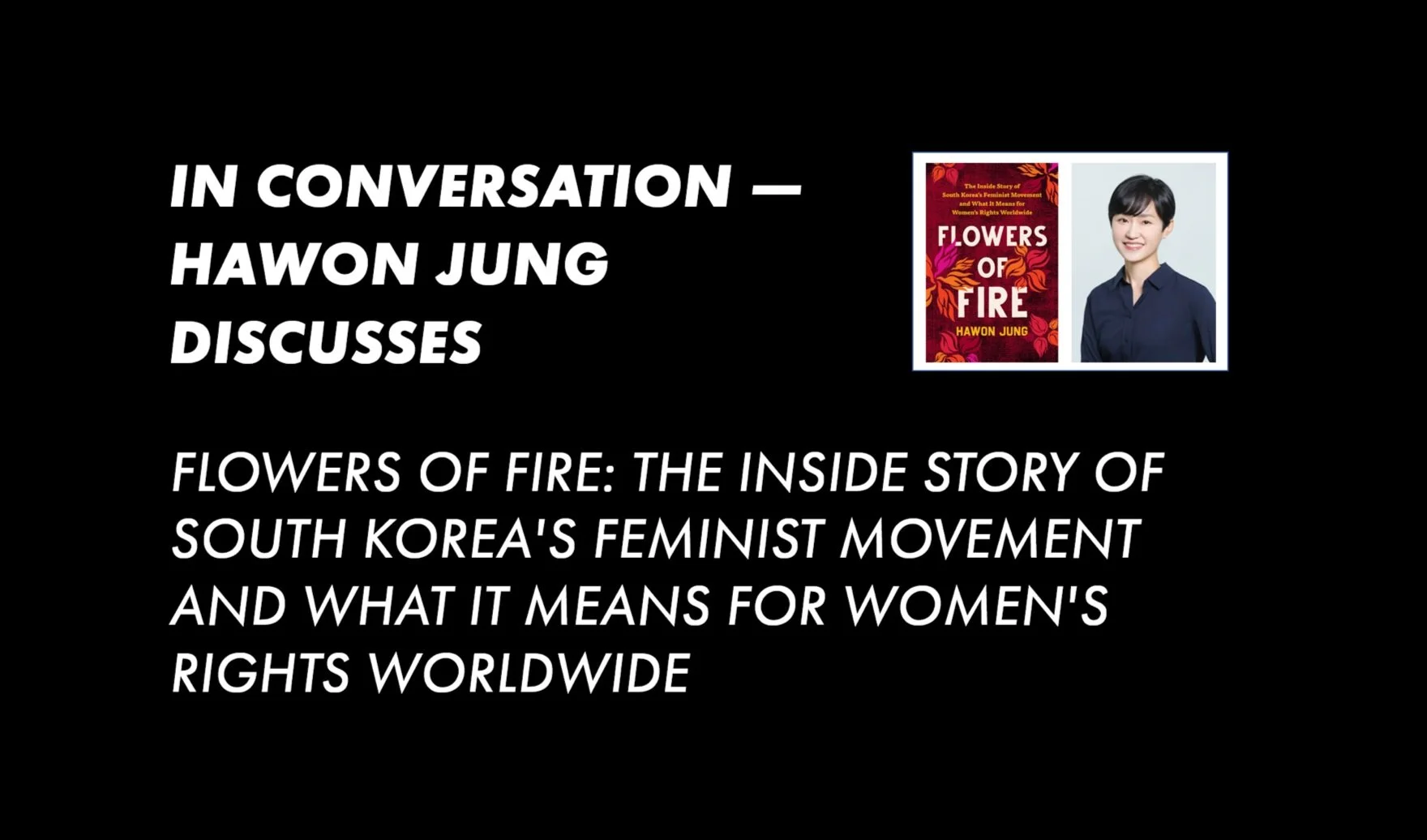Written by Dr Seohee Park
This crisis represents more than a domestic Korean political drama; it tests the resilience of regional alliances and could accelerate broader geopolitical shifts in an increasingly complex Northeast Asian landscape.
Read More















